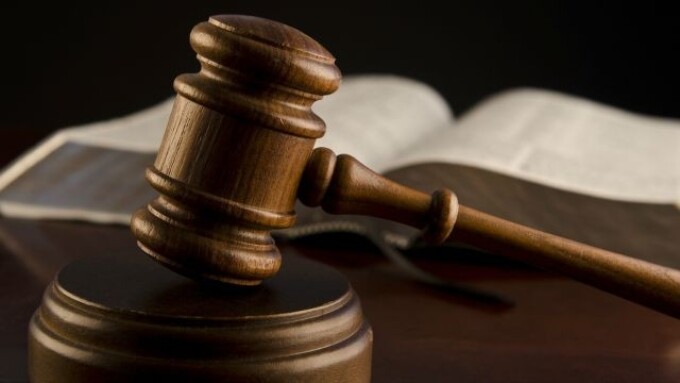ALEXANDRIA, Va. — The First Amendment Lawyers Association has filed a friend-of-the-court brief with the 4th U.S. Circuit Court of Appeals to reverse the cancellation of the Washington Redskin’s trademarks.
The Redskins, waging a 20-year battle to protect the football team’s name in the face of charges that it is offensive to Native Americans, was hit with an adverse judgment against its name, which it has used for 83 years.
In 2014, the Trademark Trial and Appeal Board voted to cancel the Redskins’ trademark, declaring it to be offensive to Native Americans and therefore in violation of the Lanham Act, which prohibits names that “may disparage” or bring those into contempt or disrepute.
The Redskins brought an action challenging the board’s cancellation of the trademarks in Virginia federal court, but that court upheld the ruling asserting that cancellation did not violate any First Amendment rights of the football club.
Last week, in a brief, the Redskins told a 4th Circuit panel that there are countless potentially “offensive” brand names, including “Midget-Man condoms and inflatable sex dolls ... Anal Fantasy Collection ... Edible Crotchless Gummy Panties lingerie.”
FALA, in its amicus brief filed Friday, has asked for free speech protection for the Redskins team name, claiming that Section 2(a) of the Lanham Act, 15 U.S.C. § 1052(a) violates the First Amendment in that it is a viewpoint-based restriction on protected commercial speech “because it deprives citizens of a federal benefit based on both the content and the viewpoint of their speech.”
No articulable government interest exists to justify this restriction, FALA said in the brief, noting that the law is also void for vagueness because it does not warn trademark holders of what marks will be deemed immoral, scandalous or disparaging.
FALA’s brief to the court was written by adult industry attorney Marc Randazza, who wrote that the court cannot suppress trademarks without also suppressing the ideas they convey.
Randazza said that courts have let Section 2(a) stand unquestioned for far too long, noting that the law is unconstitutional and has done great harm to the marketplace of ideas for decades.
“Trademarks provide information to potential and current consumers, ranging from information about goods and services to company values, beliefs and ideas,” Randazza wrote. “Therefore, the government cannot use Section 2(a)’s restriction on “immoral . . . or scandalous matter; or matter which may disparage” to suppress the protected speech encompassed by trademarks without adequate justification.”
FALA is one of several groups that have filed amicus curiae briefs, or friend-of-the-court briefs. So far the American Civil Liberties Union, The Rutherford Institute and Cato, among others, have taken the side of the Redskins in the appellate case.








